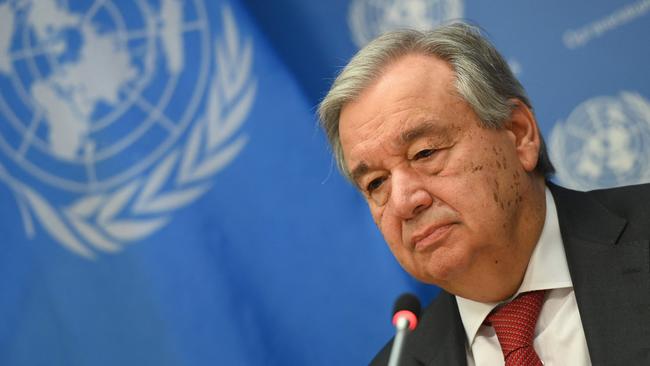
Marketing has more to do with emotion than fact. At much of the climate alarmist media, emotional journalistic responses to climate politics always trump factual analysis of climate science. It’s why the former Fairfax newspapers were so keen on the utterly useless “Earth Hour” climate pose in the noughties.
Outlets excited about the climate campaign story on page one of The Sydney Morning Herald on Monday don’t often report climate science facts. As this column said on August 15 and Holman Jenkins wrote in The Wall Street Journal on September 4, last month’s sixth assessment report of the Intergovernmental Panel on Climate Change pared back warming claims and gave low probability to the outlier “RCP 8.5” scenario which Extinction Rebellion followers claim will cause havoc within a decade.
The words “code red for humanity” do not appear in IPCC 6, even though they were all over Australian media reports last month. Those words were the political spin from UN Secretary General Antonio Guterres. Lazy environment writers reported that spin, but ignored the fact IPCC 6 had toned down temperature forecasts, found little evidence of increasingly severe storms and admitted much of the warming built into the system might take more than a century to eventuate.
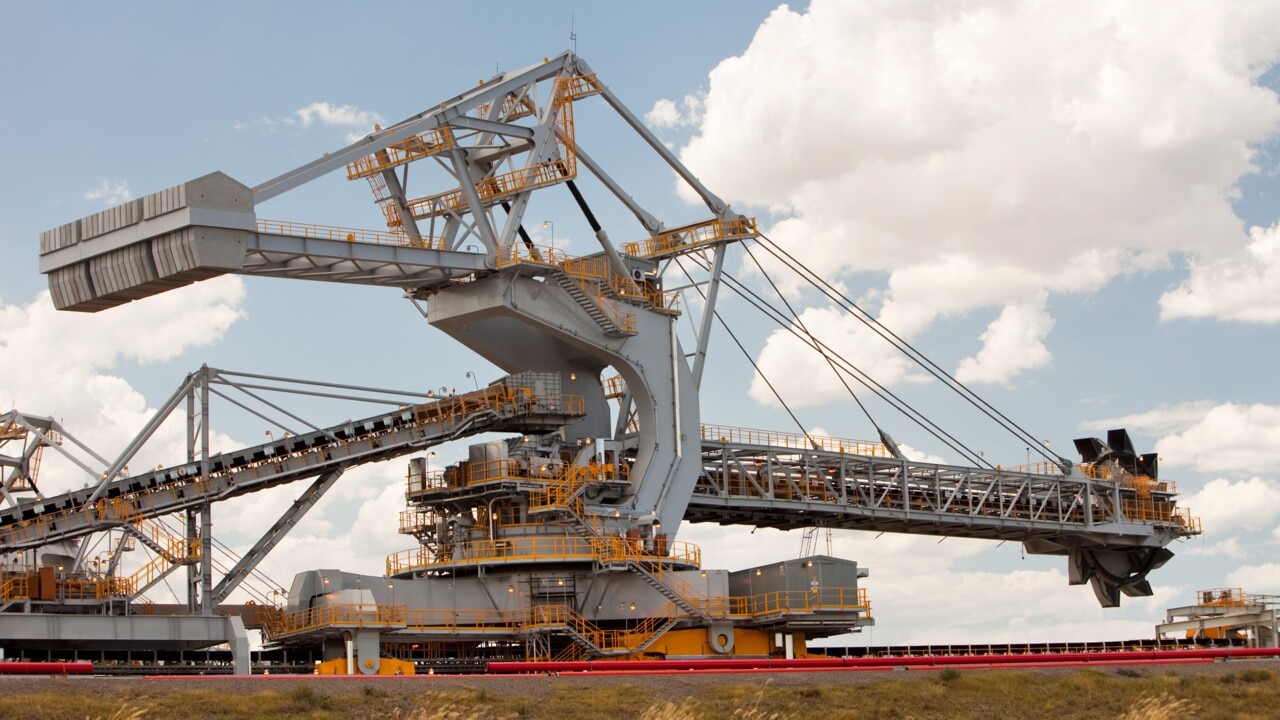
Guterres’ agenda was not about the science but about the COP26 climate conference in Glasgow in November.
The UN is desperate to avoid a repeat of the failures of previous COP meetings. Glasgow will probably fail too because the world’s No.1 and 3 emitters, China and India, refuse to lift their Paris 2030 CO2 emissions reduction targets. Emissions will still be rising in 2030.
It’s not climate science denial but accurate reporting of climate politics that drives activist journalists, the Greens and former prime ministers Kevin Rudd and Malcolm Turnbull nuts. Journalists at the News Corp papers have for decades accepted CO2 is linked to atmospheric warming. Critics need to explain why they support policies that will hurt Australian living standards and jobs when China, India, Russia, Brazil, much of South-East Asia and much of eastern Europe will keep lifting emissions.
While News does employ a couple of outright deniers they do not write about climate for its newspapers. This newspaper began editorialising in favour of a least-cost emissions trading scheme almost 20 years ago — five years before Rudd and then Prime Minister John Howard each took a similar policy to the 2007 election.
The Australian opposed Howard’s mandated Renewable Energy Target, believing it inconsistent with a trading system designed to send price signals to investors. We argued for limiting any emissions reduction targets to the same levels as reductions by our major trading partners.
Why? Because getting ahead of the big emitters would do nothing for the planet but would drive domestic manufacturing to countries with cheaper power and lower environmental standards.
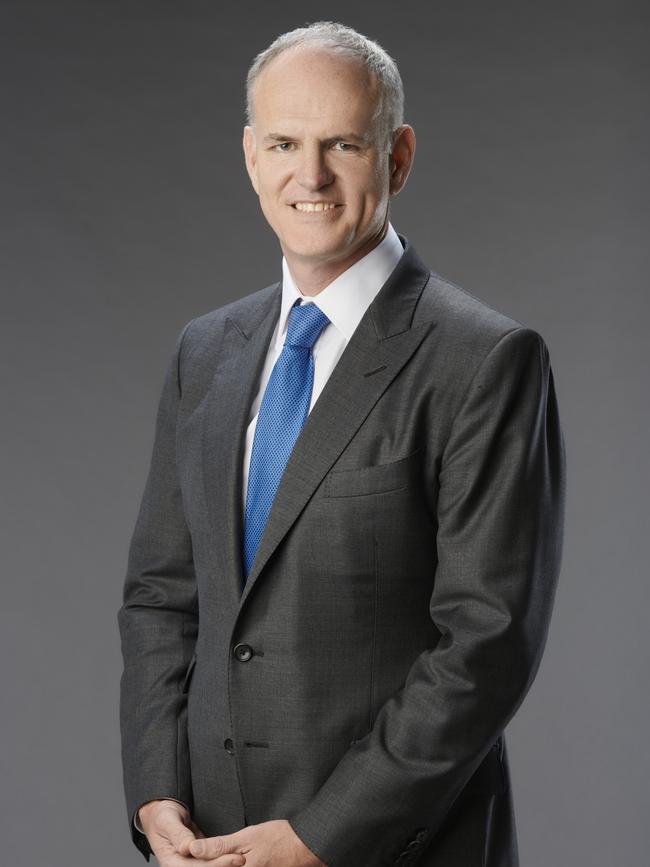
The Australian also opposed showpiece policies that would do little to reduce emissions but cost a bomb. Think Julia Gillard’s 2010 “cash for clunkers” policy that had a price of between $400 and $600 for each tonne of CO2 abated, when the EU carbon price was $8 a tonne. At the time both George Monbiot in The Guardian and Michael Green at Fairfax made similar points.
Today the application of any such rational analysis to climate proposals is branded climate denial. It’s rubbish journalism and many of the outlets that publish it carry advertising from companies that benefit from renewables subsidies.
A paper last month by former National Party senator Ron Boswell — no scientist but a man of common sense — looks at what has happened to emissions in different countries. The paper, presented to the Joint Standing Committee on Trade and Investment Growth, uses UN data to show China’s share of global manufacturing from 2004 to 2018 rose from 8.7 per cent to 28.4 per cent.
Europe’s emissions from industrial processes from 1990 to 2018 fell 40 per cent, but global emissions in that sector rose 67 per cent, most of it in China. Pointing this out is not climate denialism. As even The Guardian warned in 2019: “Britain has contributed to the global climate emergency by outsourcing its carbon emissions to the developing world.”
Nor was it denialism when this column pointed out British Prime Minister Boris Johnson is getting credit for committing to net zero by 2050 while actually doing very little to achieve that. Ditto US coal and gas export increases this year under President Joe Biden.
The left media’s biggest targets at News Corp, Graham Lloyd and Andrew Bolt, accept man-made climate change but anger the activists because they report inconvenient truths. Think the 2019 peer-reviewed Auckland University study that proves most Pacific atolls are rising rather than sinking. The real deniers are journalists who won’t report such science.
And then there are the problems in energy reliability as the penetration of wind and solar rises. Many journalists on Twitter last month bagged a story in this newspaper which revealed the Energy Security Board would consider paying coal-fired power generators to remain open. This is not denialism. Pretending a nation can have firm grid-scale power without fossil fuels, nuclear power or enormous hydro battery storage is engineering denial. California is confronting that fact with plans for five new gas peaking power plants that will firm the grid when the sun isn’t shining or wind blowing.
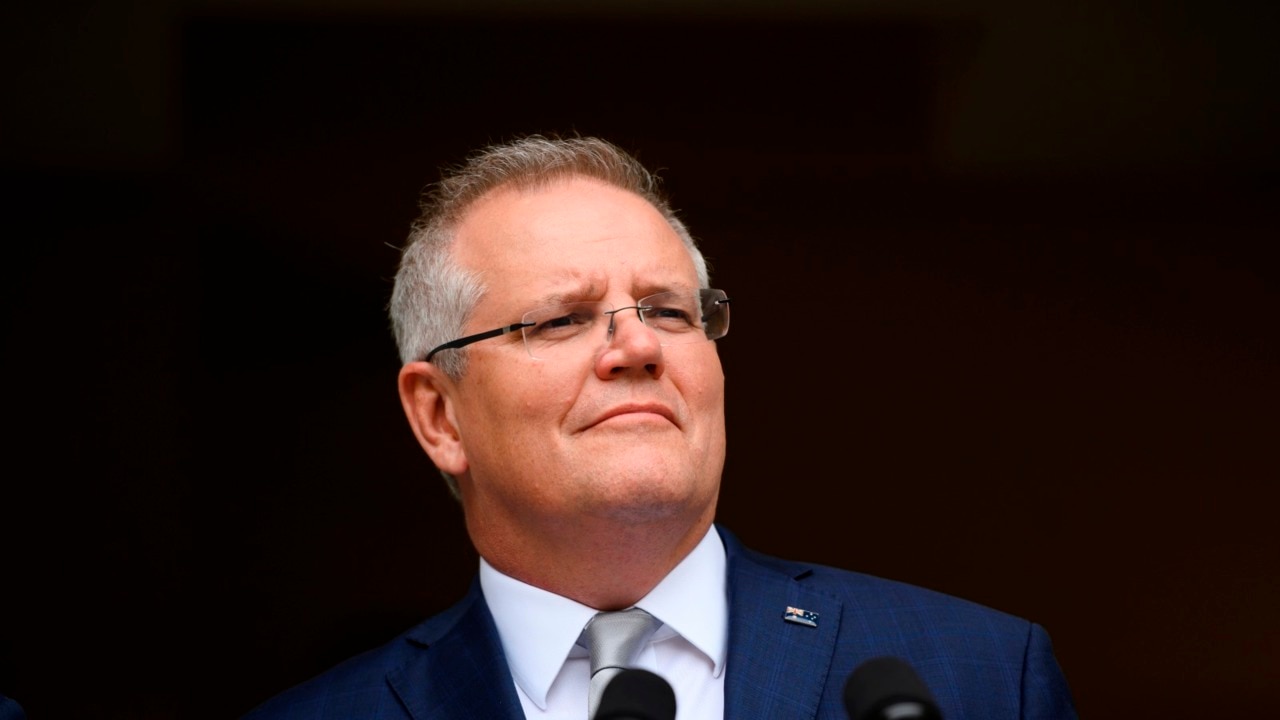
Nor is supporting coal exports climate denial. China and its Belt and Road Initiative clients are building hundreds of coal-fired power plants. Demands from UN Climate Action Team assistant chief Selwin Hart last week that Australia phases out coal-use are silly. Australia’s is among the cleanest coal in the world. If we stop exporting it, coal-committed nations will burn dirtier coal from Indonesia, China, Russia and South Africa — bad for the planet and for Australian jobs.
How little respect do media and marketers have for their readers and customers? Why not trust them with the facts about costs of climate action? The world’s financial institutions may be convinced, but polling globally shows voters largely support climate action but are not prepared to pay much for it. Australians are not turkeys voting for Christmas. Why risk their own living standards with only 1.3 per cent of global emissions?
And when local New York Times correspondent Damien Cave suggests News Corp newspapers target scientists personally, that’s usually not about climate denial.
Former climate commissioner Tim Flannery in 2007 claimed the nation’s dams would never fill again. Later he claimed oceanfront apartments would be inundated several floors up, but bought tidal land nearby. Outing Flannery’s denial of reality was good journalism.
What of News Corp’s new net zero campaign? The SMH got it wrong. News’s Australian boss Michael Miller made clear late Friday there would be no centrally imposed climate position. A plan to focus on the environment in the lead-up to Glasgow came from the editors. In a week that started with hearings by the media diversity inquiry, activist journalists will be shocked News’s reporters remain free to write and say what they think. That’s diversity.



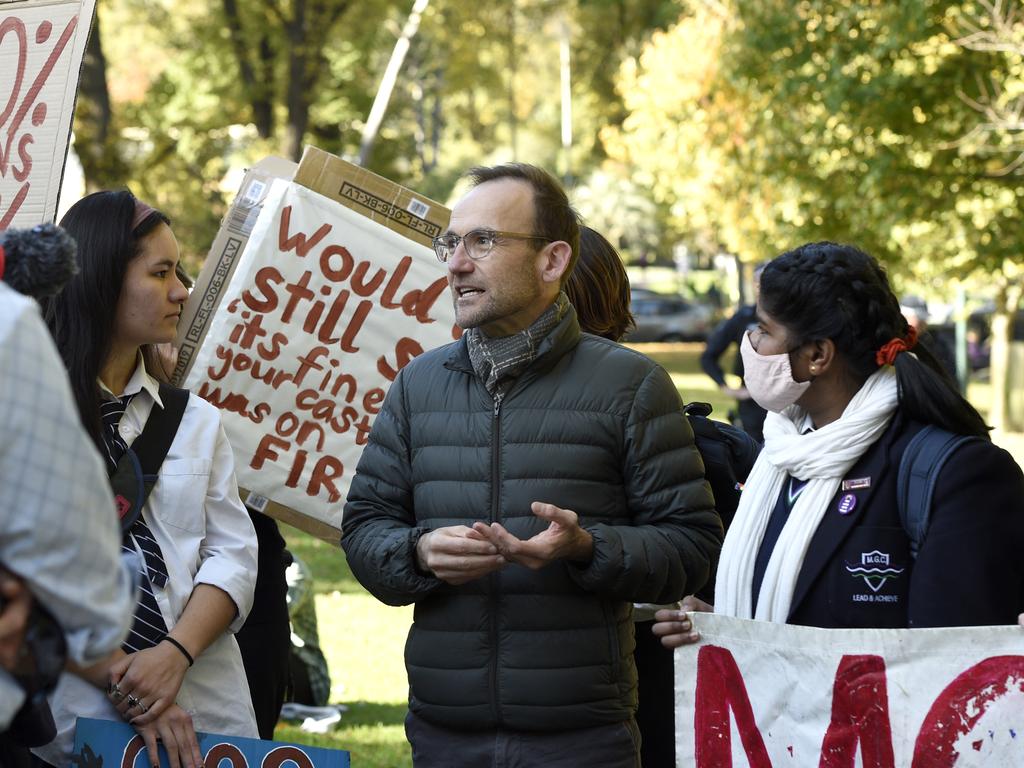

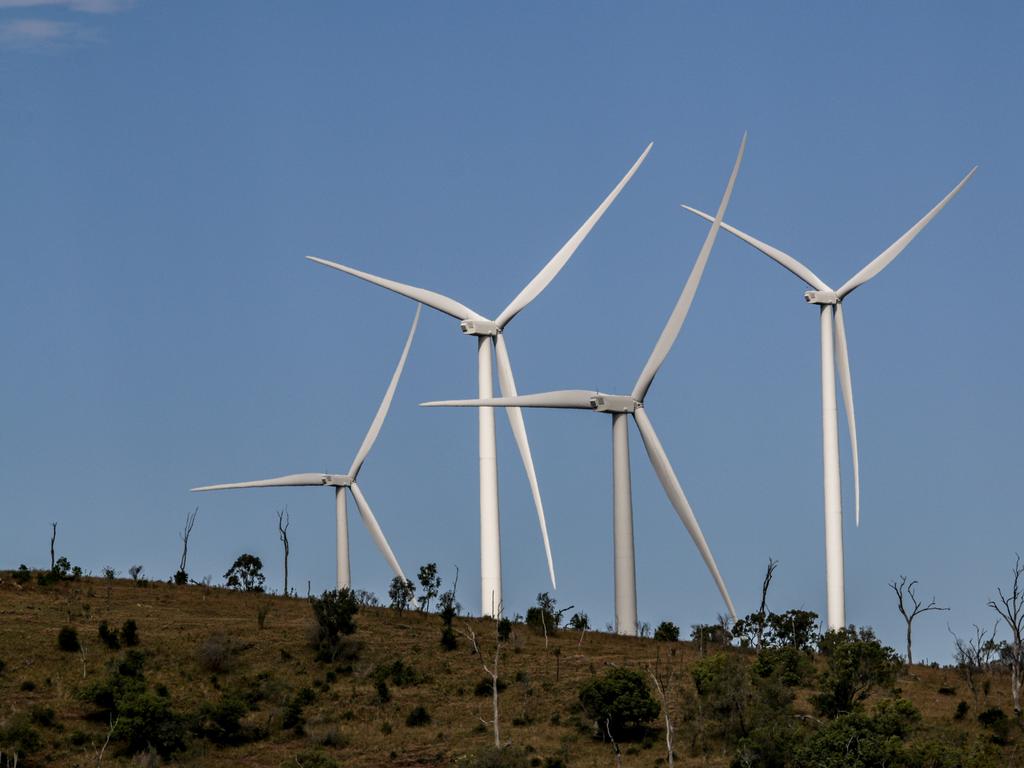
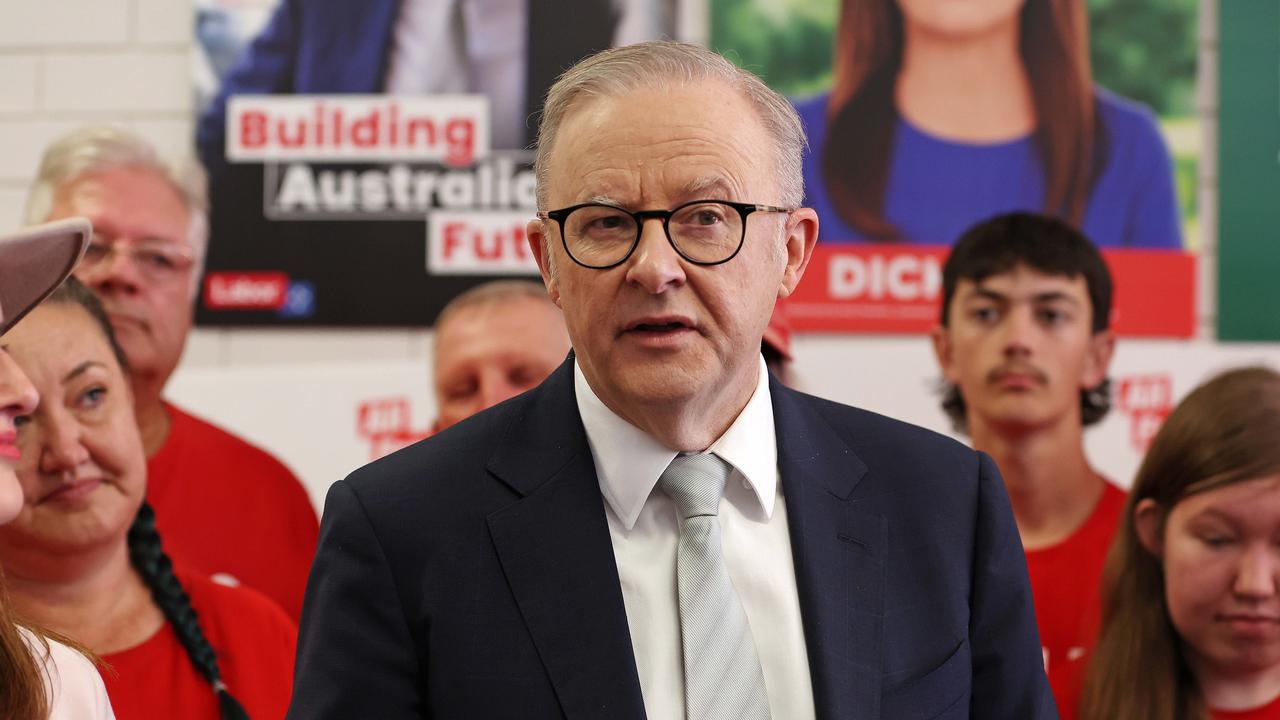
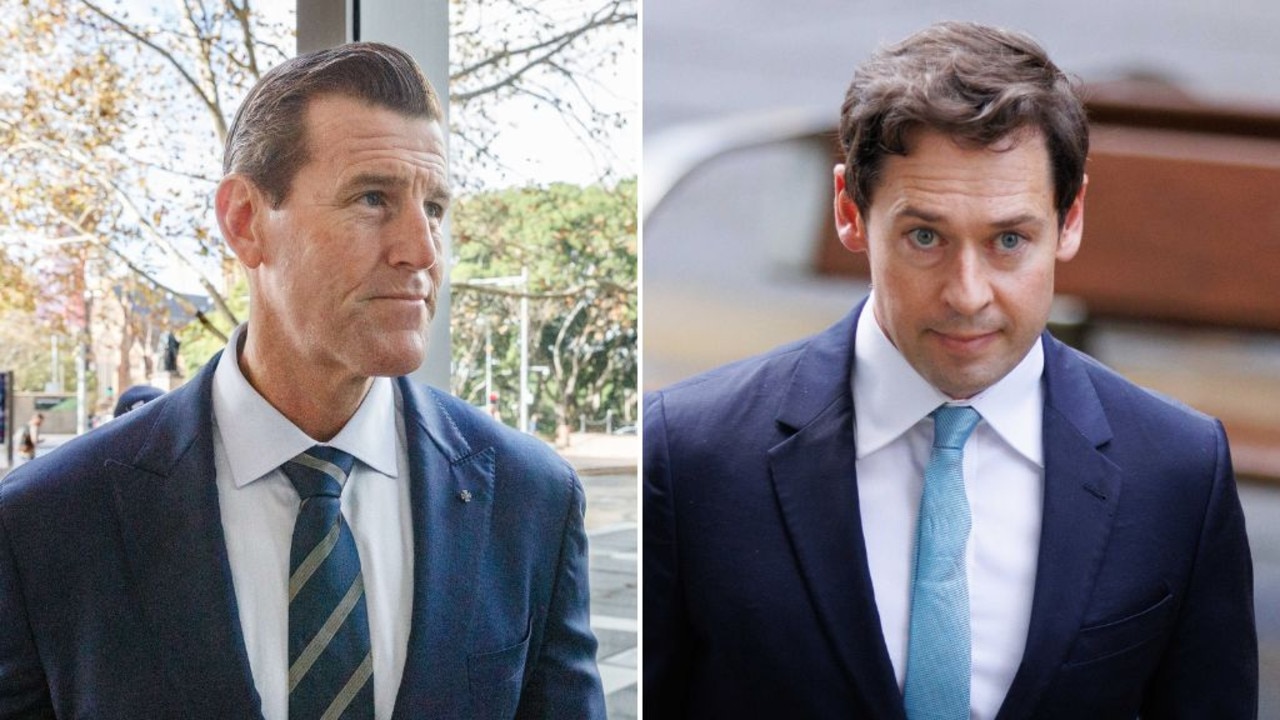
Never mind the UN’s “code red for the planet”. It’s D-Day for the media when The New York Times, The Guardian, Vanity Fair and the Nine newspapers go into overdrive over what they claim is a plan by News Corp’s Australian tabloids to run a marketing campaign for net zero emissions by 2050.